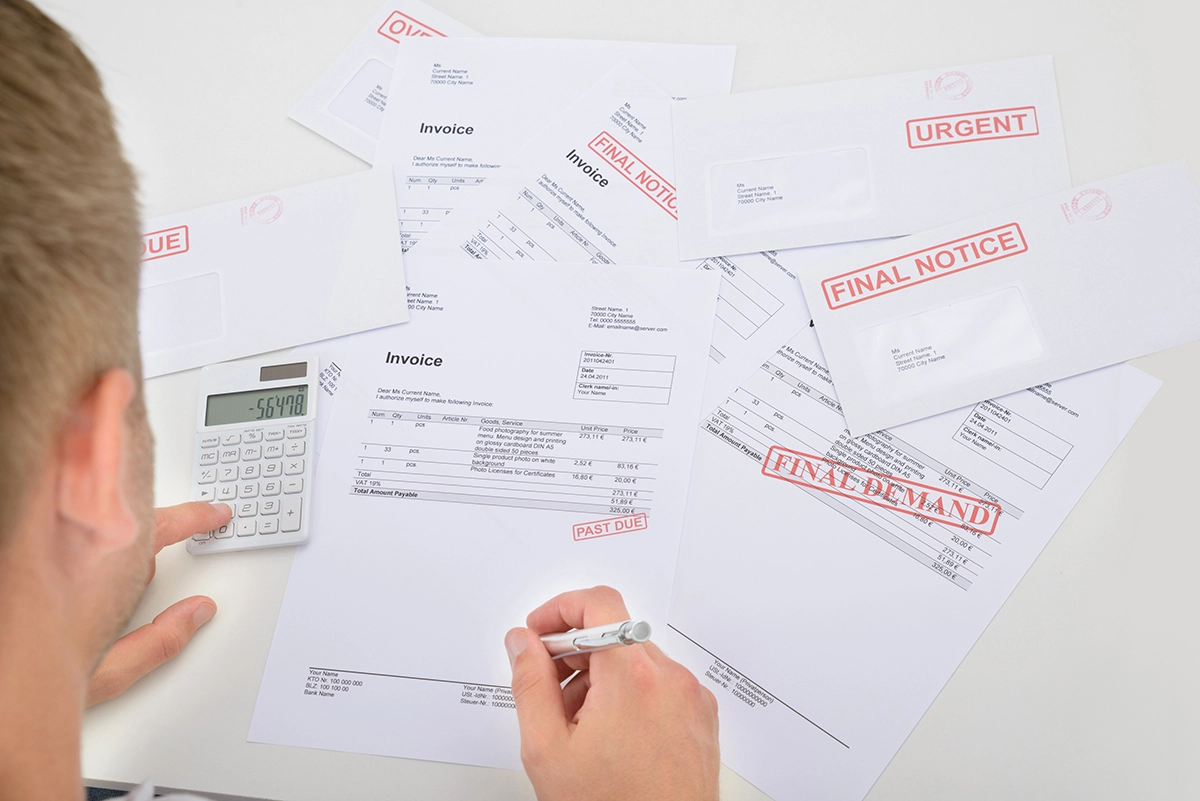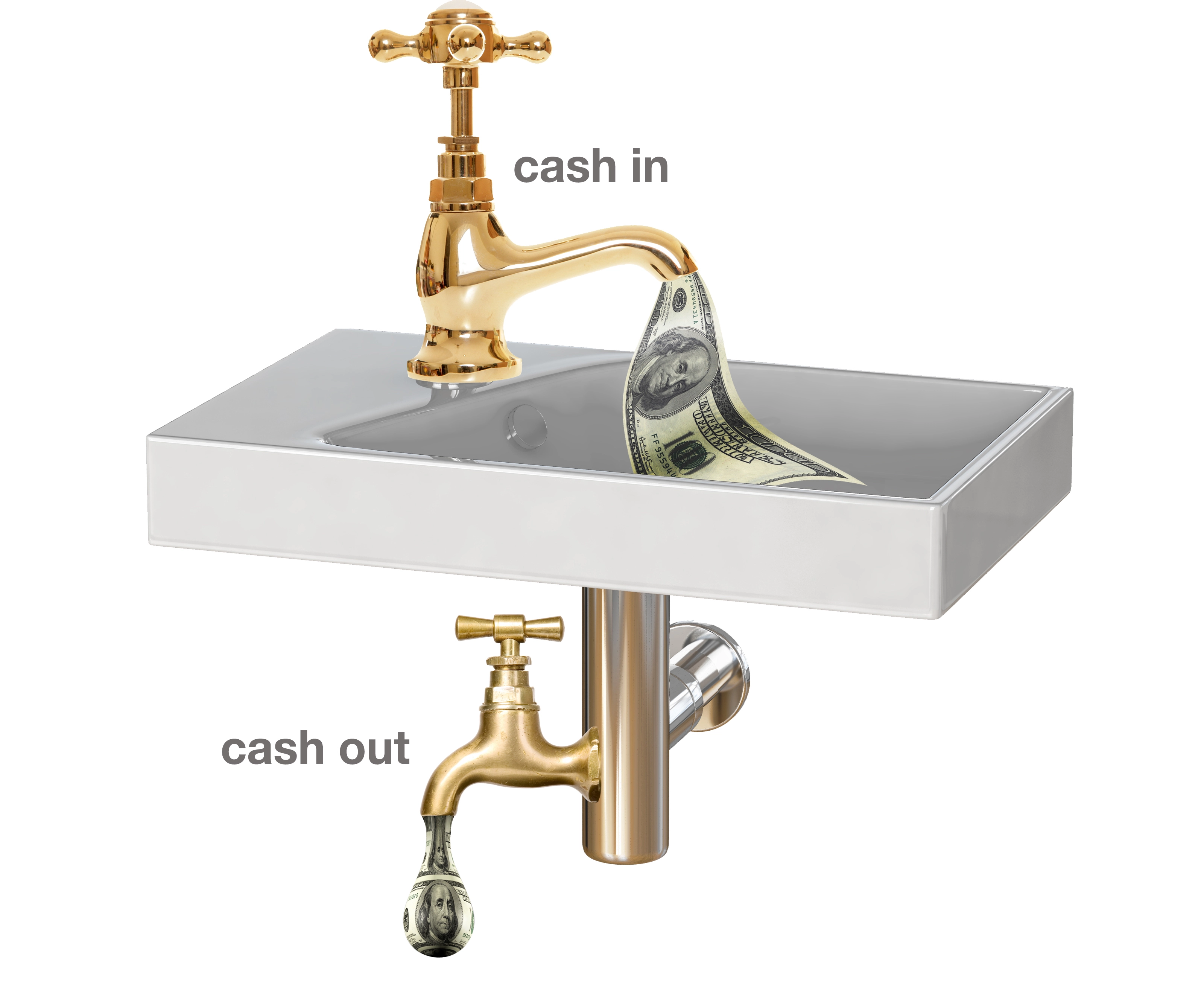Accrual accounting is the only way to gain an accurate picture of your company's financial health.
I started my first business in 1980 (before I got my MBA in finance) I didn't know the difference between cash and accrual accounting. I'll never forget looking at Schedule C of the income tax form, which asked whether I was filing on a cash basis or an accrual basis. I decided that I'd better find out in a hurry what the difference was. So, I asked. I learned that if you account on a cash basis, you record a sale when you get the money in the door. You record an expense when you write the check for that expense. There are no accounts receivable and accounts payable. There is no inventory.
However, operating a contracting business on a cash basis does not give you a true profit picture. Your profits depend totally on when you account for sales and expenses and do not give you a realistic view of your company. I suggested to one contractor that he switch from cash to accrual accounting. In the past, he had always operated on a cash basis and wondered why the business was consistently having problems paying its bills. As soon as the switch was made (one button in QuickBooks), the contractor called me and was shocked. The company had been losing money for years, but he never saw it because he operated on a cash basis!
Accrual Accounting
Accrual-based accounting means that you have a sale when you send out an invoice even though you haven't received the cash for it. You have an accounts receivable. Likewise, whenever you get a bill from a supplier or vendor you have an expense even though you may not have paid that bill. You have an accounts payable.
For operational purposes, I suggest that hvacr businesses must operate on an accrual basis. The tax laws have recently changed, so if your accountant wants to file your taxes on a cash basis, it is up to your accountant and you. However, you still need to operate your day-to-day business on an accrual basis. Here are four reasons why:
1. Most hvacr businesses have accounts receivable. Even if you are a residentially based service and replacement company, you'll have some receivables at the end of the month. You have to watch your receivables on a monthly basis to ensure that you are getting paid promptly.
2. HVACR businesses have accounts payable. You have to watch your accounts payable to make sure that you have the cash to take discounts where appropriate and to pay them promptly.
3. HVACR businesses have inventory. Inventory is a bet. Operating on an accrual basis allows you to track it each month to ensure that you don't have too much of your hard earned money tied up in inventory.
4. To properly match sales and expenses against sales you need to operate on an accrual basis. Otherwise your gross margins will vary widely, depending on when you get cash for goods you produce and pay the goods expenses. A consistent gross margin is critical for financial management. The best way to monitor your actual costs as compared with your bids is to look at your gross margin. Consistency requires that you operate on an accrual basis.
Even if your accountant has your business report on a cash basis for tax purposes, when you look at your financial statements month-by-month they should be on an accrual basis. The thing that is really important is that you track your accounts receivable, your accounts payable and you track your job cost. Accrual accounting is the only way to do this accurately so that you have a true picture of your company's financial health.
Ruth King has over 25 years of experience in the hvacr industry and has worked with contractors, distributors, and manufacturers to help grow their companies and become more profitable. She is president of HVAC Channel TV and holds a Class II (unrestricted) contractors license in Georgia. Ruth has written two books: The Ugly Truth About Small Business and The Ugly Truth About Managing People. Contact Ruth at ruthking@hvacchannel.tv or 770.729.0258.





